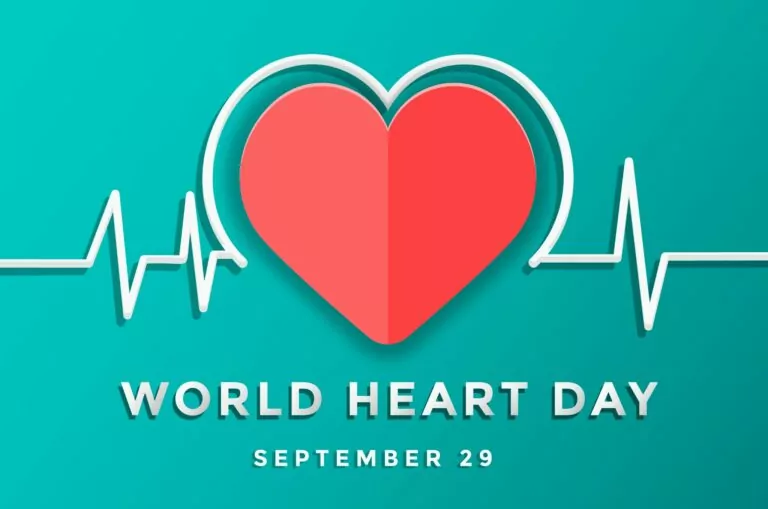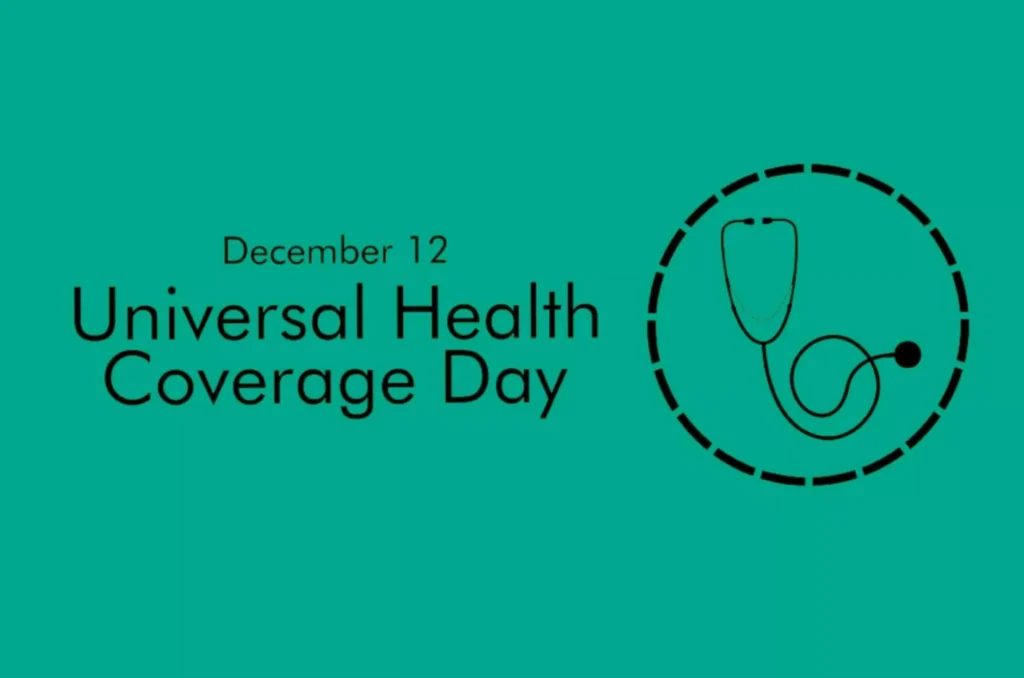Event overview and why it matters
The IV International Congress of Infectious Disease Specialists (Астана) convened clinicians, epidemiologists, and pediatric specialists to review best practices across vaccine-preventable disease, respiratory infections, gastrointestinal infections, and neonatal care.
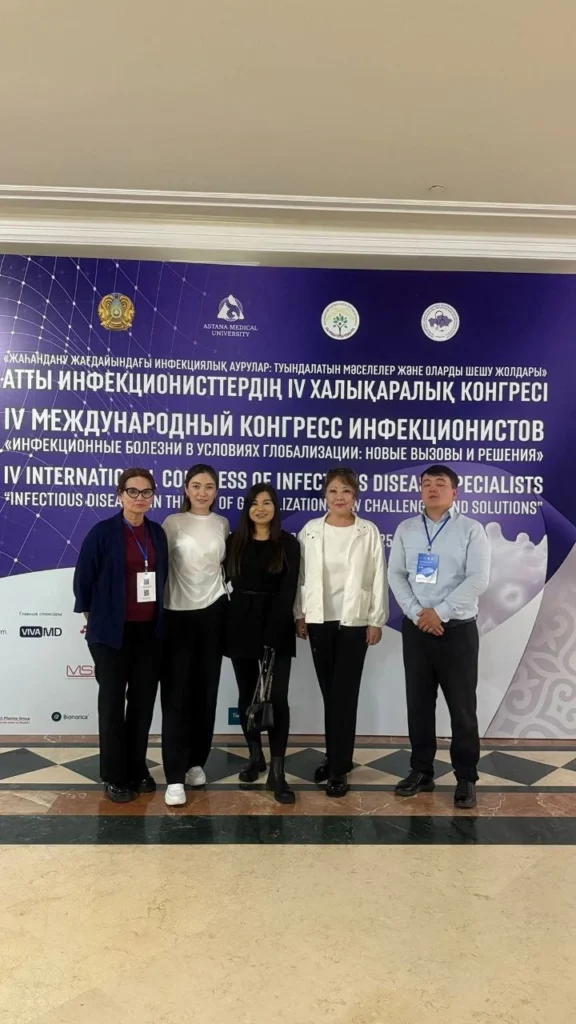
The congress combined plenary sessions, parallel symposia, and a young-scientist section to translate evidence into practical protocols for Kazakhstan and neighboring health systems.
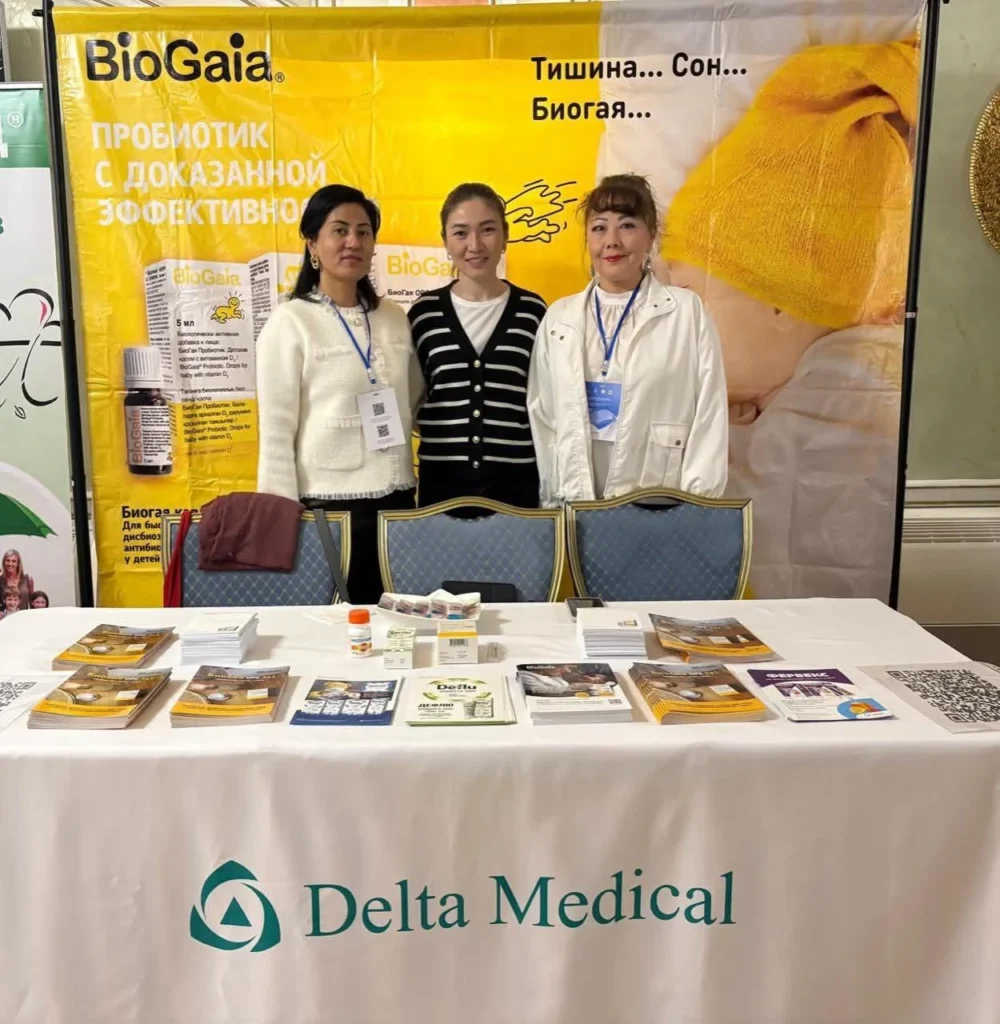
For pharmaceutical companies serving clinicians in Central Asia and the CIS, the meeting offered a precise read on clinical priorities and educational gaps that shape daily prescribing and hospital formularies.
Clinical focus and program highlights
Program themes centered on: resurgence of vaccine-preventable infections; pediatric respiratory disease and complications; neonatal sepsis and perinatal infections; gastrointestinal infections with attention to antibiotic stewardship and complications such as antibiotic-associated diarrhea; and zoonoses relevant to Central Asia.
Pediatric tracks emphasized rational therapy for acute respiratory infections, immunoglobulin use in severe pediatric infections, and structured case management of viral hepatitis and cytomegalovirus in pregnancy and newborns.
A dedicated section on intestinal infections reviewed updated approaches to rehydration, adjuncts that support mucosal recovery, and practical diagnostics suited for regional hospitals.
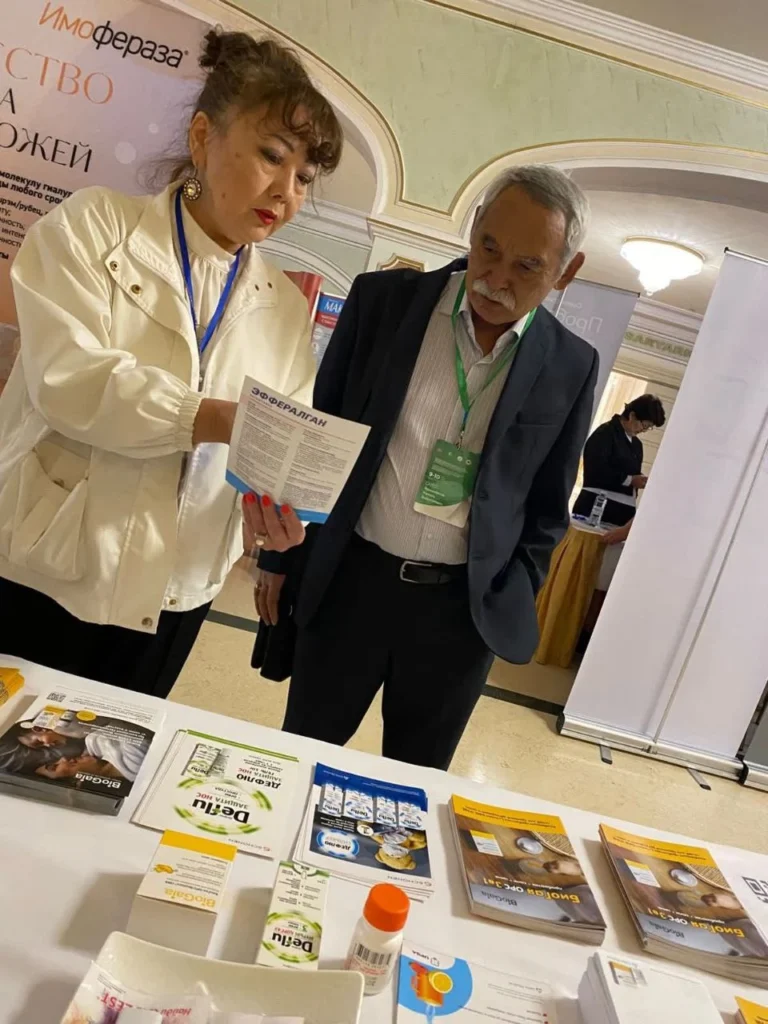
Speakers and institutions
The scientific committee and faculty included leaders from the Ministry of Health of Kazakhstan, Astana Medical University (Astana), Karaganda Medical University (Karaganda), the National Center of Public Health (Astana), and invited experts from regional universities and reference hospitals.
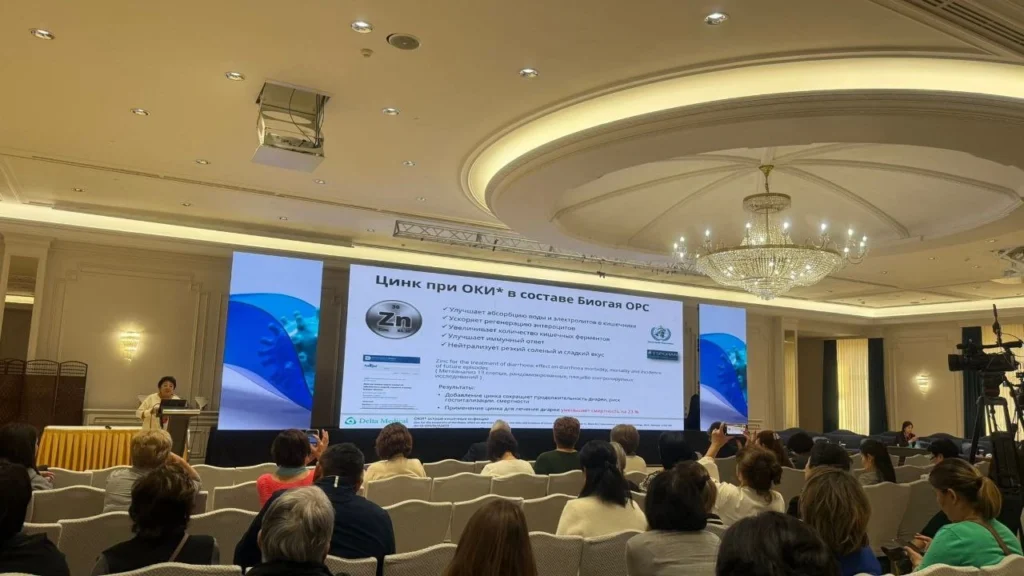
Among pediatric infectious disease experts was Professor Dinagul A. Baesheva, Chair of the Society of Infectious Disease Physicians and Head of the Department of Pediatric Infectious Diseases at Astana Medical University (Astana). Her sessions moderated and delivered content across pediatric respiratory and gastrointestinal topics, aligning clinical recommendations with the realities of regional practice.
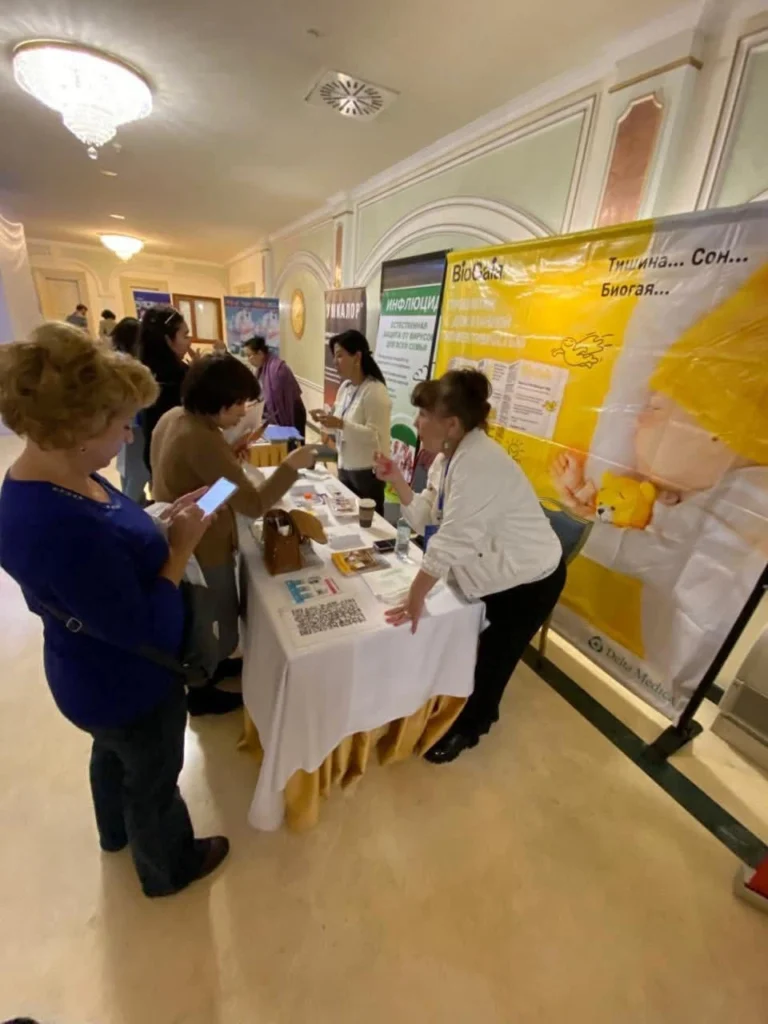
Therapies and products discussed
The pediatric GI session highlighted evidence-based management of acute intestinal infections in children, where oral rehydration therapy remains first-line and adjuncts are evaluated for defined use cases. In this context, our team discussed BioGaia ORS® (oral rehydration salts + Lactobacillus reuteri DSM 17938) by BioGaia, focusing on appropriate patient selection, dosing alongside standard oral rehydration, and considerations for antibiotic-associated diarrhea risk.
Conversations also covered practical counseling for caregivers on early oral rehydration initiation, continued feeding, and indicators for escalation to hospital care. Educational materials summarized the evidence base and clarified positioning relative to national pediatric guidelines.
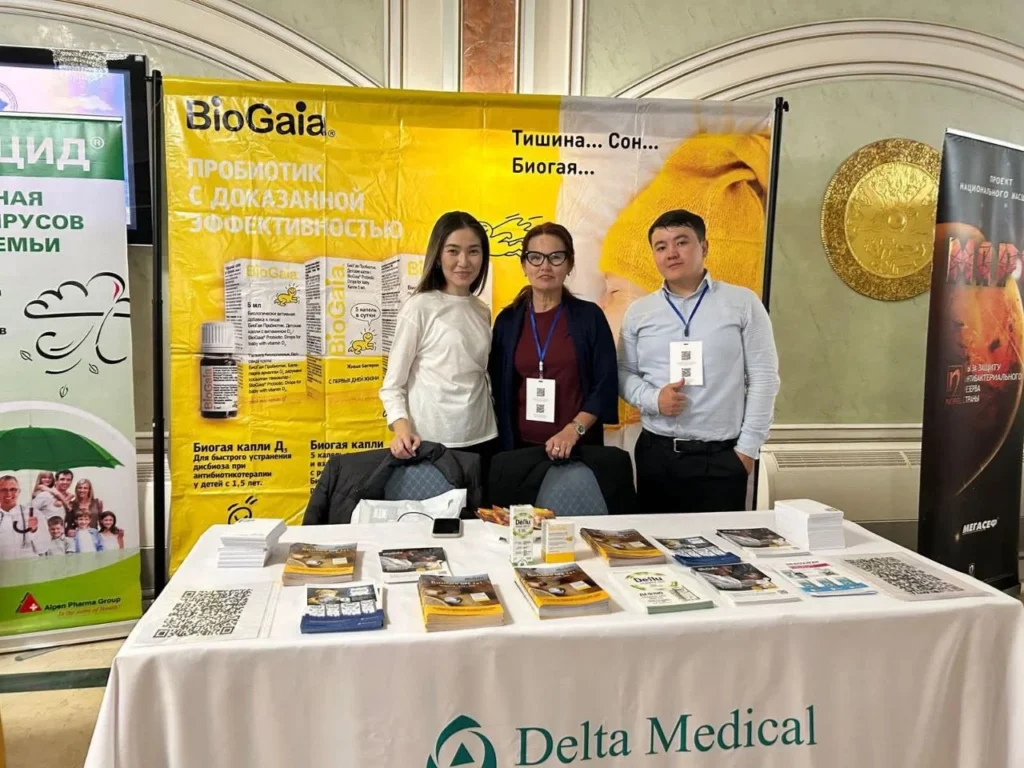
Delta Medical at the event
Delta Medical Kazakhstan participated across the two-day program with targeted engagements in the pediatric tracks. Our medical and key-account teams met infectious disease and pediatric specialists from Astana, Almaty, Shymkent, and regional centers to align on three priorities:
(1) consistent early use of oral rehydration therapy in outpatient pediatrics;
(2) evidence-guided selection of adjuncts in acute gastroenteritis; and
(3) clinician education to reduce inappropriate antibiotic use in children with viral or self-limited disease.
We provided concise clinical summaries, quick-reference dosing cards for oral rehydration solutions, and product monographs for BioGaia ORS® (oral rehydration salts + L. reuteri DSM 17938) by BioGaia. Follow-ups were scheduled with department heads to support grand rounds and city-level seminars. We also captured formulary and tender-planning inputs from hospital pharmacists to inform 2026 education priorities and stock planning.
Market and access insights for UA/CIS/EAEU
- Clinical demand signals: Pediatric ARI peaks and ongoing measles control keep prevention and early outpatient management in focus. Hospitals report steady caseloads of dehydration in under-5s, reinforcing the need for consistent oral rehydration counseling at primary care.
- Guideline alignment: Outpatient management pathways increasingly standardize oral rehydration as first-line with clear referral thresholds. Adjuncts are adopted where data are strongest, with strain-specific interpretation for probiotics and a cautious stance on routine use.
- Procurement and formularies: City hospitals and regional centers balance budget constraints with pediatric priorities. Education that reduces unnecessary antibiotic use is viewed as a cost-containment lever.
- Next steps for Delta Medical: Expand clinician education on oral rehydration in outpatient pediatrics; provide strain-specific briefings where appropriate; and support pharmacists with concise budget-impact calculators for pediatric dehydration prevention and reduced admissions.
About Delta Medical
Delta Medical (Delta Medical Promotions AG, Zurich) is a Swiss pharmaceutical and medical device marketing and distribution group operating across Ukraine, CIS, and the EAEU. We specialize in regulatory affairs, market access, and specialty therapy operations, partnering with global manufacturers to bring evidence-based solutions to clinicians and patients. To explore collaboration or medical education support, visit www.deltaswiss.eu.
